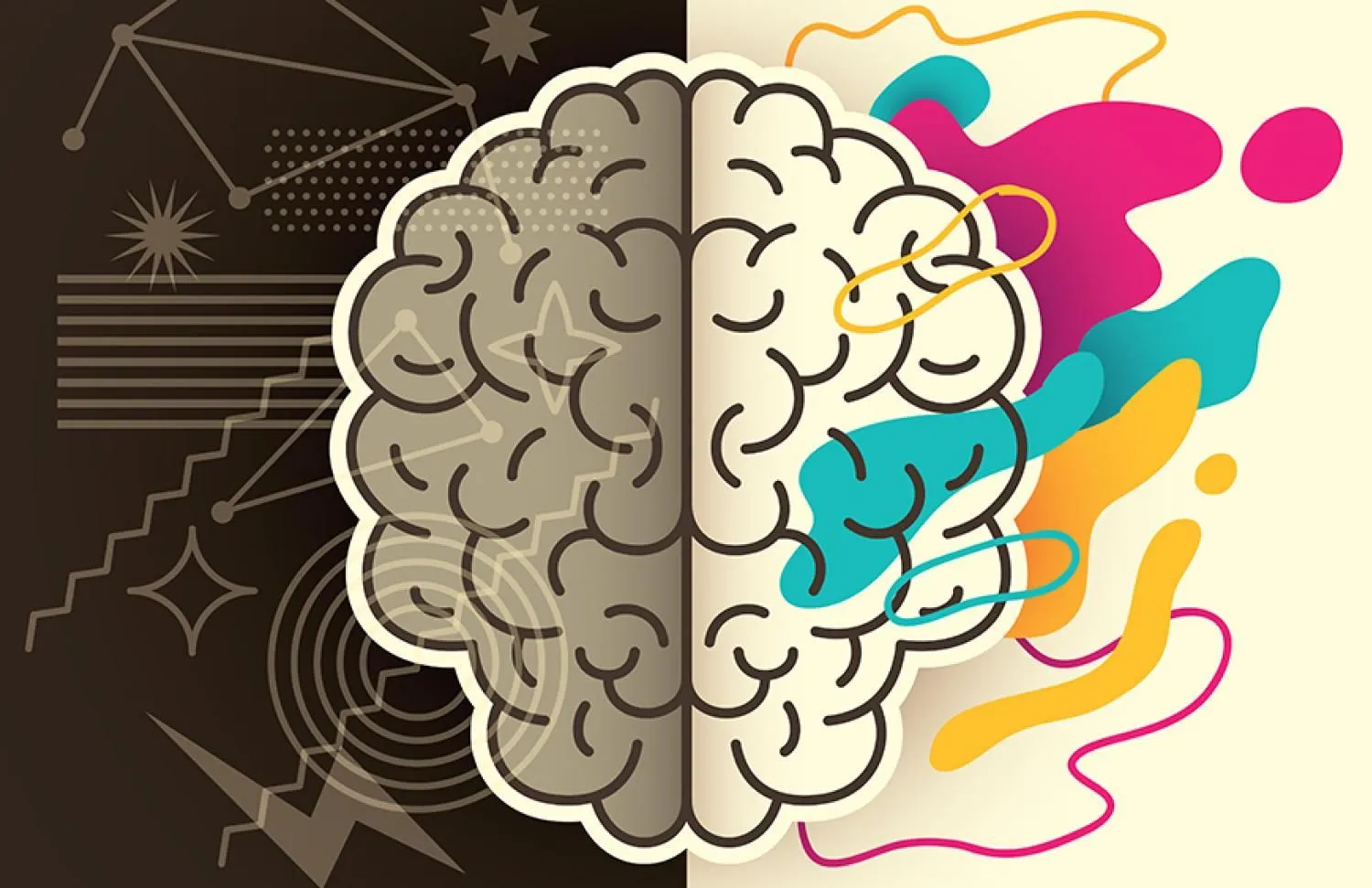Delving into the realm of psychology offers a myriad of educational avenues and professional opportunities. Whether you’re intrigued by the workings of the human mind or passionate about helping others, understanding the various psychology degree options can pave the way for a fulfilling career journey.
Here’s a breakdown of the five main types of psychology degrees and the diverse career paths they can lead you to:
1. Associate Degree in Psychology
Embarking on your psychology journey with an associate degree sets a solid foundation for further exploration. Typically spanning two years, this undergraduate-level program acquaints you with fundamental concepts in psychology.
Although job options may be somewhat limited at this stage, roles such as psychiatric technician or social work assistant are viable options. Many view an associate degree as a stepping stone towards pursuing a bachelor’s degree.
2. Bachelor’s Degree in Psychology
A bachelor’s degree in psychology offers a comprehensive understanding of human behavior and psychological principles. Taking approximately four years to complete, this undergraduate-level program equips you with valuable skills applicable across various fields.
With career paths ranging from case management to counseling, and from sales to teaching, bachelor’s degree holders are well-prepared for entry-level positions in diverse industries.
3.Master’s Degree in Psychology
Ready to delve deeper into the realm of psychology? A master’s degree offers advanced training and specialization in the field. Typically requiring two to three years beyond a bachelor’s degree, this graduate-level program opens doors to rewarding careers in mental health services, government agencies, and more.
From becoming a marriage and family therapist to serving as a human resources manager, the possibilities are vast for master’s degree graduates.
4. Ph.D. in Psychology
For those with a penchant for research and academia, a Ph.D. in psychology is the pinnacle of educational attainment. Spanning four to six years of graduate study, this doctoral-level degree offers a blend of theoretical knowledge and practical training.
Whether you aspire to clinical practice, teaching, or cutting-edge research, a Ph.D. in psychology allows you to carve out your niche in specialized areas such as clinical, counseling, or developmental psychology.
5.Doctor of Psychology (Psy.D.)
Opting for a more hands-on approach, a Psy.D. degree focuses on the practical application of psychology. Geared towards clinical practice, this doctoral-level program prepares graduates for licensure as professional psychologists.
With a curriculum emphasizing clinical interventions and psychological assessments, Psy.D. students are equipped to make a meaningful impact in the field of mental health.
In Summary
The field of psychology offers a multitude of educational paths and career trajectories. Whether you choose to pursue an associate degree as a starting point or aspire to earn a doctorate for advanced specialization, each psychology degree option presents unique opportunities for personal and professional growth.
By understanding the diverse career prospects associated with each degree, you can make informed decisions to align your education with your career goals. So, embark on your psychology journey with confidence, knowing that the path you choose holds the promise of a fulfilling and impactful career in the dynamic realm of psychology.
